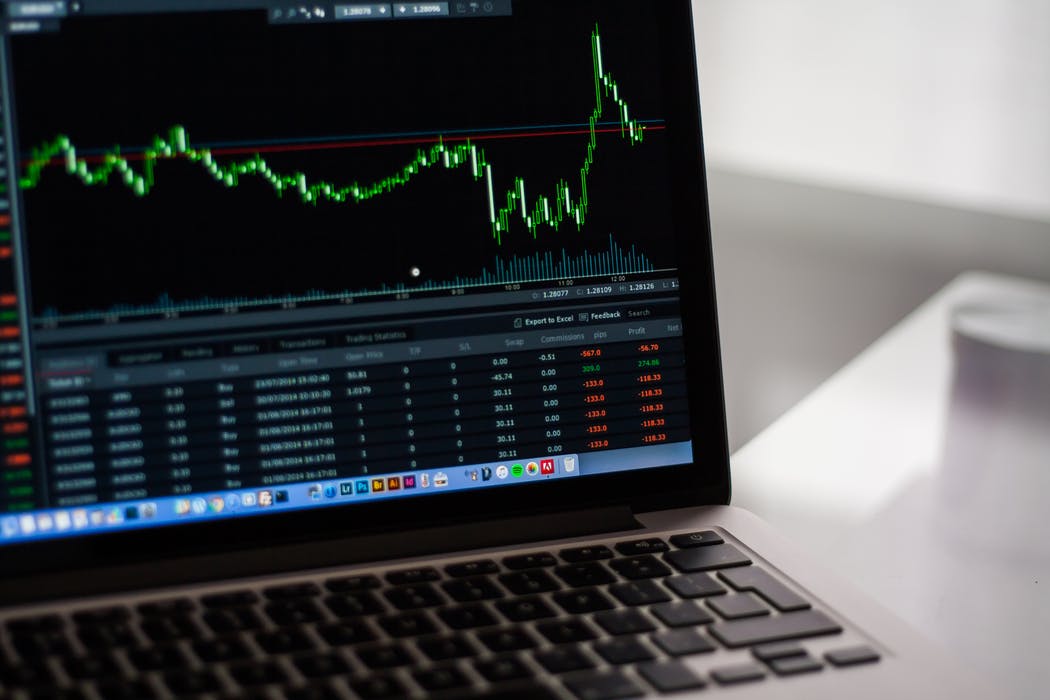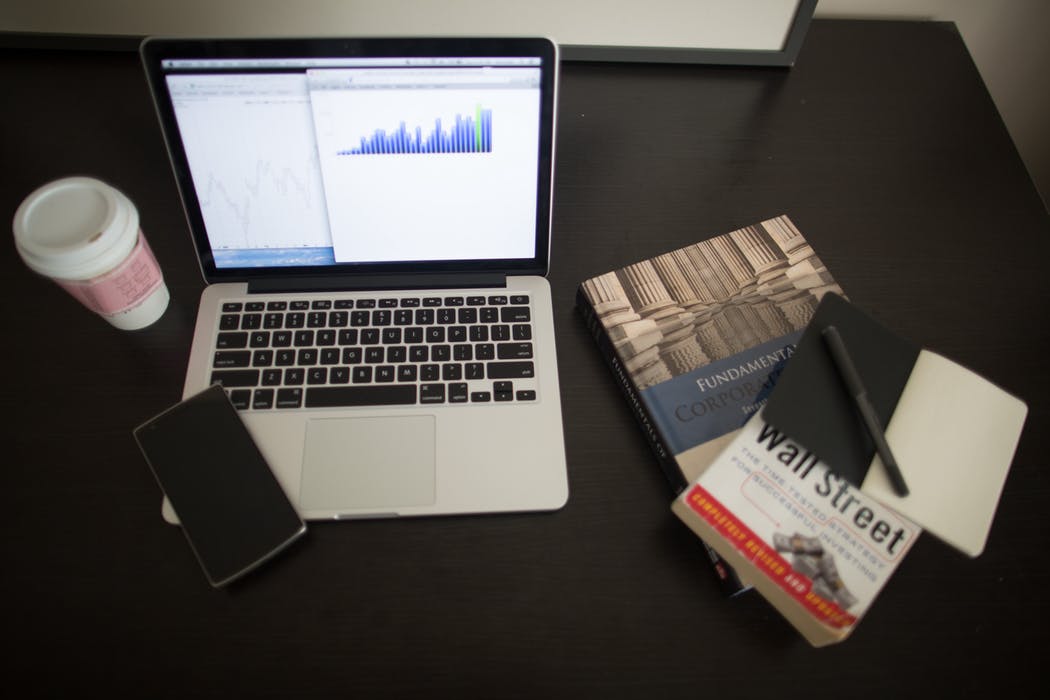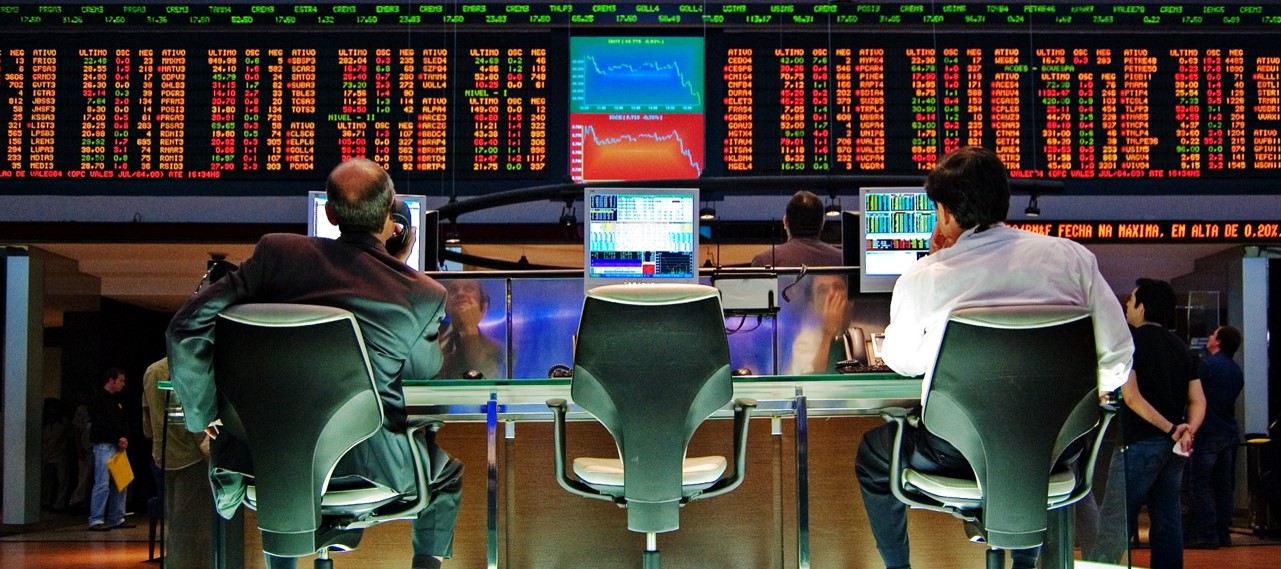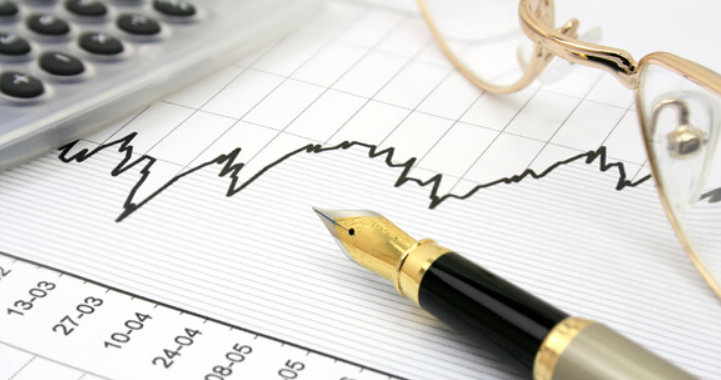If you know the pitfalls of trading you can easily avoid them. Small mistakes are inevitable, such as entering the wrong stock symbol or incorrectly setting a buy level. But these are forgivable, and, with luck, even profitable. What you have to avoid, however, are the mistakes due to bad judgment rather than simple errors. These are the “deadly” mistakes which ruin entire trading careers instead of just one or two trades. To avoid these pitfalls, you have to watch yourself closely and stay diligent.
Think of trading mistakes like driving a car on icy roads: if you know that driving on ice is dangerous, you can avoid traveling in a sleet storm. But if you don’t know about the dangers of ice, you might drive as if there were no threat, only realizing your mistake once you’re already off the road.
Although trading involves risk, never treat it like gambling. You must have a solid trading strategy, one which you plan, test, and revise repeatedly. You need to stick to this strategy, and never act on spur-of-the-moment decisions. All you do when you act on a gut feeling is jeopardize any and all of the thoughtful planning you’ve done by giving yourself completely over to chance. Remember that you can never control where a single trade will end up, but you do have control over a long-term plan.
And don’t evaluate your performance on the basis of individual trades. A gambler might think that a small loss is a failure while one huge risky gain means success. Traders should never think this way. Instead, judge yourself by the consistency and profitability of your overall strategy. This is the only way to stay in control of your trading success.
To do this, of course, you have to build a solid strategy. This means developing a set of pre-defined rules that you follow consistently. You should set goals for each week, or possibly each month (but never for a single day, as there are too many things you won’t be able to control over such a short period of time). Next, decide on realistic profits and losses for each trade. Then, according to these markers you’ve set for yourself, carry out your plan without exceptions.
If your set profit for a trade is, say, $300, sell when you reach that milestone, even if you have a feeling the stock will rise. Otherwise, you corrupt your plan with too much risk, and you’ll never know if your overall strategy was successful or not. You may have gotten lucky with one trade, but you haven’t determined any kind of consistency.
Keeping to a strategy will allow you to revise what you’re doing, learning which goals and limits will work and which won’t. Straying from your strategy teaches you nothing useful that you can apply over the course of your trading career. So, while you may gain a few hundred, or even thousands, of dollars on a single trade, who knows how much knowledge you sacrificed, knowledge could have gained you tens or even hundreds of thousands of dollars in the years to come.








